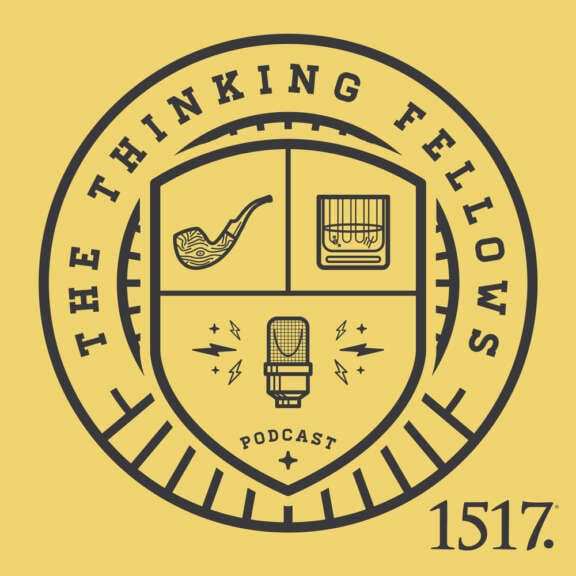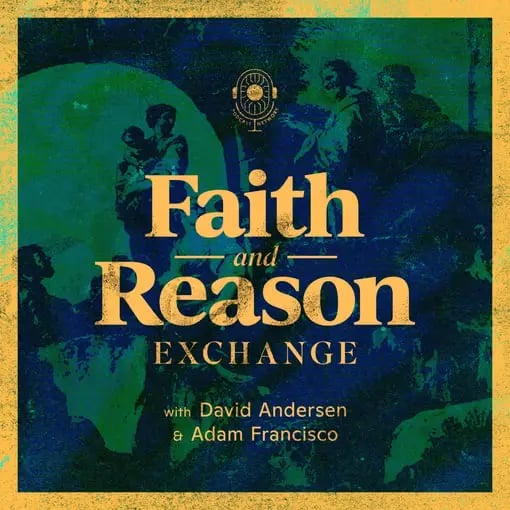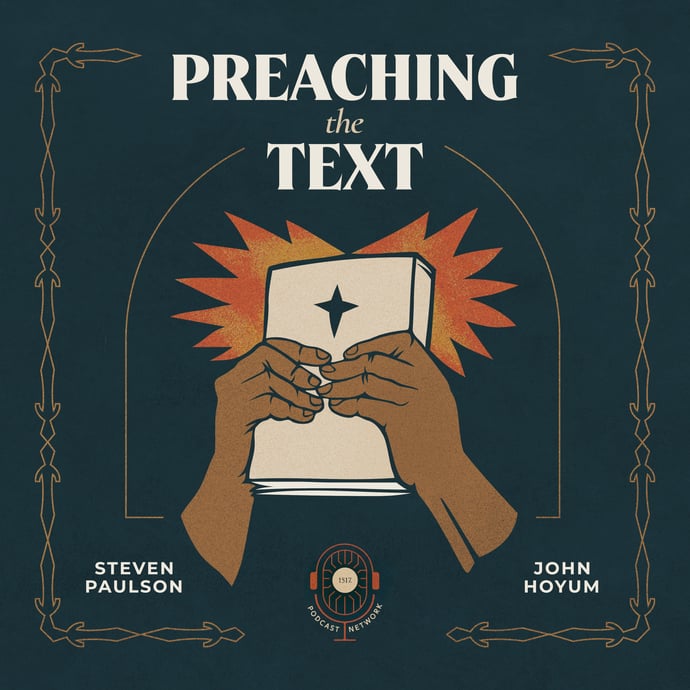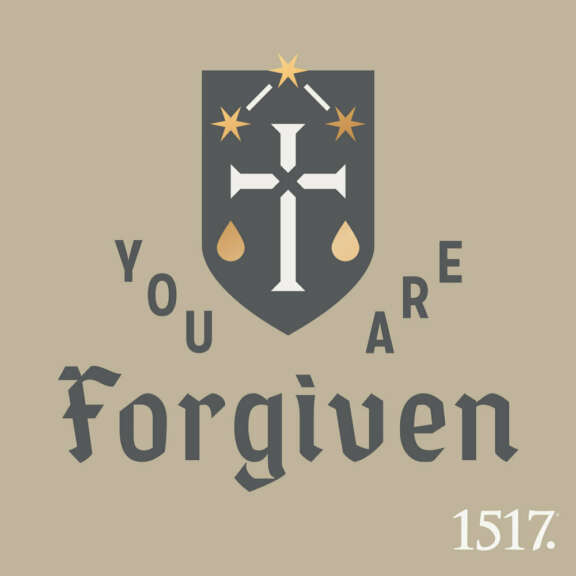The Thinking Fellows introduce the doctrine of Christ. They discuss why topics like the two natures in Christ, the communication of attributes, and the co-equality of the trinity matter.
Podcasts
Each 1517 Podcast is dedicated to delivering Christ-centered content through weekly, monthly, and seasonal audio platforms. Listen online or on your favorite podcasting app.
Author
- All Authors
- Aaron Zimmerman
- Adam Francisco
- Amy Mantravadi
- Blake Flattley
- Bob Hiller
- Bradley Gray
- Brian W. Thomas
- Bror Erickson
- Bruce Hillman
- Caleb Keith
- Chad Bird
- Chris Rosebrough
- Christopher Gillespie
- Cindy Koch
- Craig Donofrio
- Dan van Voorhis
- Daniel Deen
- Daniel Emery Price
- Darrin Sheek
- David Andersen
- David Rufner
- David Zahl
- Debi Winrich
- Delwyn Campbell
- Donavon Riley
- Doug Klembara
- Edward Killian
- Elyse Fitzpatrick
- Erick Sorensen
- Flame
- Grant Klembara
- Gretchen Ronnevik
- Haroldo Camacho
- Jacob Smith
- Jared C. Wilson
- Jeff Mallinson
- Jeffrey Pulse
- Jessica Thompson
- Jim Nestingen
- Joel Fitzpatrick
- Joel Hess
- John Andrew Schreiner
- John Bombaro
- John T. Pless
- John W. Hoyum
- John Warwick Montgomery
- Katie Koplin
- Kelsi Klembara
- Ken Sundet Jones
- Magnus Persson
- Matt Popovits
- Michael Berg
- Michael Horton
- Nick Lannon
- Paul Koch
- Peter Nafzger
- Philip Bartelt
- Raleigh Sadler
- RJ Grunewald
- Robert Kolb
- Rod Rosenbladt
- Ron Hodel
- Sam Leanza Ortiz
- Sarah Condon
- Sarah Crowder
- Scott Davis
- Scott Keith
- Steven Paulson
- Tanner Olson
- Troy Neujahr
- Uwe Siemon-Netto
- Wade Johnston
- William Cwirla
-
In episode TWO HUNDRED AND SEVENTY-FIVE, Mike, Jason, and Wade discuss the head, the heart, and where Christianity should aim.
-
Some resources for thinking about faith and reason
-
This episode covers realism, nominalism, and much more in under 40 minutes.
-
Dear Prudence. In this episode, we focus our discussion on prudence, temperance, and modesty regarding church, marriage, public discourse, and social media while reading Gregory of Nazianzus’ letters to Basil the Great and Gregory of Nyssa about their doctrine of the Holy Spirit and Basil's later death.
-
In episode TWO HUNDRED AND SEVENTY-THREE, Joel, Jason, and Wade discuss biblical archaeology.
-
David and Adam talk with Dr. Abigail Favale (of Notre Dame University) about sex, gender, and feminism. You can purchase her outstanding books here.
-
David and Adam explore the role that reason plays in a life of faith lived in today's world.
-
On this episode of Preaching the Text, John Hoyum and Steve Paulson discuss Christ's prayer to the Father before his betrayal and crucifixion. In this prayer, we overhear the Son's address to his Father in love.
-
Pastor Killian Teaches On Mark 16:1-8
-
Katie Koplin is busy with a big family move and finishing up this year of grad school, so Gretchen Ronnevik invited on one of the young women she mentors, Gretchen Larson, to talk about what it's like to be a young, single adult in the church, what they need from the church, and how to foster intergenerational relationships.
-
David and Adam recall their time as students and professors in higher education and discuss the issues associated with being a Christian in academia today.






